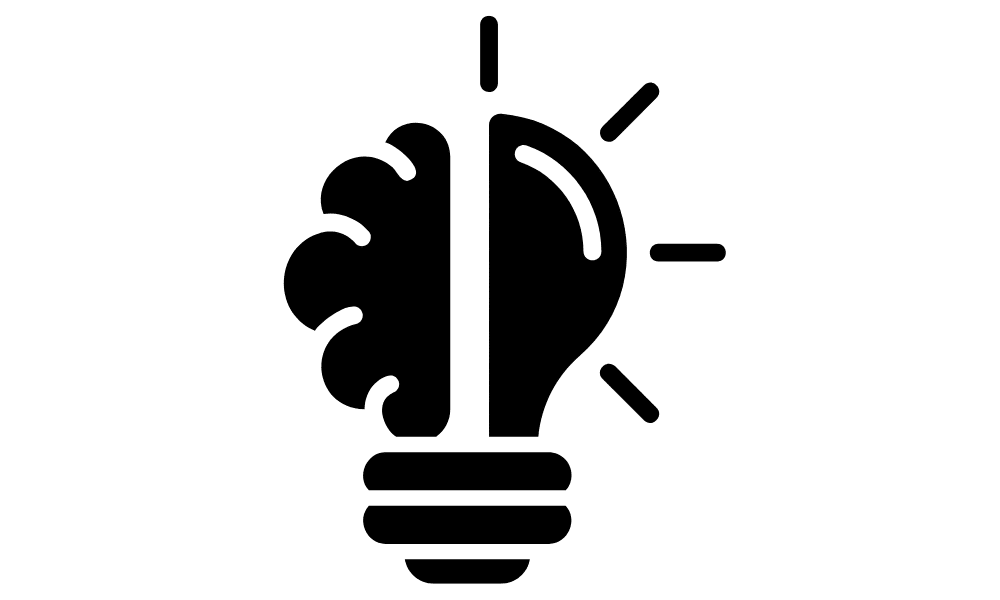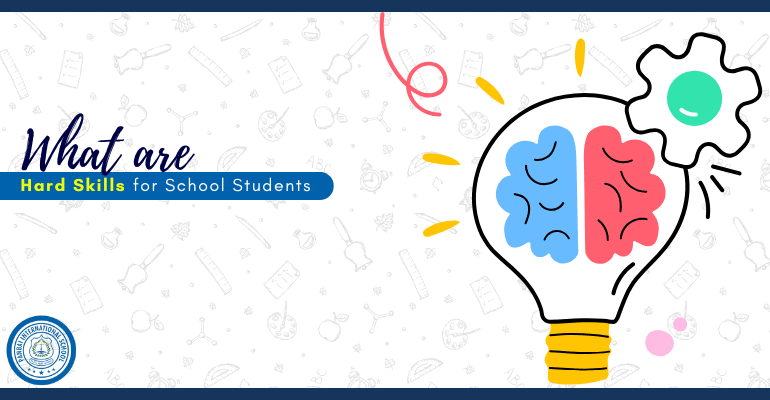What are Hard Skills for School Students?
April 30, 2025 2025-04-30 16:45What are Hard Skills for School Students?
In the evolving landscape of education and future readiness, there’s a growing emphasis on building not just character and creativity, but also concrete, measurable skills. This raises a very important question—what are hard skills, and why should school students start developing them early?
Hard skills refer to specific, teachable abilities or knowledge that can be measured and evaluated. Unlike soft skills like communication or adaptability, hard skills are often technical or academic in nature.
They can be gained through school lessons, training programs, and practical exercises. In today’s competitive environment, hard skills are just as important for school students as they are for professionals, especially when preparing for real-world challenges.
Understanding What Are Hard Skills in the School:


To define it simply, what are hard skills? They are abilities that can be clearly demonstrated and quantified.
These include competencies like computer literacy, mathematical ability, academic writing, foreign language proficiency, coding, and more. For school students, hard skills provide a foundation that can be built upon in college and future careers.
Some key features of hard skills:
- They are teachable and learnable.
- They can be tested through assessments.
- They are often job- or task-specific.
- They are essential for academic performance and future job readiness.
Examples of Hard Skills Every Student Should Learn:


Understanding what are hard skills becomes clearer when we explore examples relevant to school students. These skills are usually tied to school subjects, extracurricular training, or digital tools.
1. Mathematical Skills
From basic arithmetic to algebra, math is one of the earliest hard skills taught in school. Students who are proficient in numerical reasoning tend to perform better in logic-based assessments and standardized tests.
2. Computer & Technology Skills
Knowing how to operate word processors, use presentation tools like PowerPoint, or browse safely online are all hard skills. Many schools now include basic coding or digital literacy as part of the curriculum.
3. Writing & Grammar
The ability to write essays, research papers, or formal letters is a hard skill often assessed in language classes. This includes spelling, punctuation, and syntax.
4. Scientific Thinking
Understanding how to carry out experiments, follow lab protocols, or grasp scientific theories contributes to a student’s analytical skill set. These are all teachable, measurable forms of hard skills.
5. Foreign Language Proficiency
Learning a second or third language is a significant hard skill. It involves memorizing vocabulary, understanding grammar, and practicing pronunciation—skills that are evaluated through tests and conversation.
6. Typing Speed and Accuracy
With the growing reliance on digital platforms for education, typing is an underrated but critical hard skill. Schools often encourage students to use online platforms and word processors for assignments, making this ability highly relevant.
Why Hard Skills Matter at the School Level ?


Now that we’ve answered what are hard skills, the next step is to understand their importance for students. These skills do more than improve grades—they enhance critical thinking, independence, and readiness for higher education or job markets.
> Academic Benefits
Hard skills directly impact academic performance. A student with strong writing and research skills is more likely to excel in project work. Similarly, those who are skilled in mathematics and science often show better performance in competitive exams.
> Career Preparation
Early development of hard skills helps students explore potential career paths. A student who enjoys coding may pursue a future in computer science. One who excels in foreign languages might lean towards translation, diplomacy, or international business.
> Digital Literacy
In today’s tech-driven world, digital tools are part of everyday learning. Being able to use educational platforms, learning management systems, and even simple applications like Excel or Google Docs gives students a strong head start.
Teaching Hard Skills in Schools


The growing recognition of what are hard skills has led to their active integration into school curricula, especially in institutions focused on holistic development. Schools today don’t just prepare students for exams—they equip them with tools for life.
For example, Best International Schools in Mumbai emphasize a skills-based curriculum that includes hands-on projects, digital training, coding labs, and global language exposure. These schools focus equally on hard skills and soft skills to create globally competent learners.
How Parents and Educators Can Support Hard Skill Development ?


Hard skills are not just developed within the classroom. Parents and educators play a vital role in recognizing a child’s interests and guiding them towards skill-building opportunities.
Ways to encourage hard skill learning:
- Enroll students in hobby-based or tech-based summer programs.
- Encourage them to use educational apps or platforms like Duolingo, Scratch, or Khan Academy.
- Create home projects that involve logic, structure, and planning.
- Guide them toward school clubs related to writing, science, or robotics.
Hard Skills in the Digital Learning Era


In the age of remote learning, digital competence has become one of the most essential hard skills. Students need to know how to navigate online classes, submit digital assignments, and stay organized through digital tools.
What are hard skills in this context? They include:
- Navigating video conferencing platforms like Zoom or Google Meet
- Submitting assignments via Google Classroom or other LMS platform
- Using cloud-based tools like Google Drive and Sheets
- Creating presentations, posters, or reports using Canva or similar tools
Digital hard skills are now as crucial as traditional literacy or numeracy
Frequently Asked Questions (FAQs)
Ques 1. Why are hard skills important for students?
Ans. Hard skills help students perform better academically, prepare for future careers, and succeed in standardized tests.
Ques 2. What’s the difference between hard skills and soft skills?
Ans. Hard skills are technical and measurable, like grammar or computer skills, while soft skills are personal, like empathy and teamwork.
Ques 3. Can students learn hard skills outside school?
Ans. Yes, hard skills can be learned through online courses, extracurricular activities, or at home with parental guidance.
Ques 4. How can teachers help develop hard skills in students?
Ans. Teachers can include practical projects, assessments, and digital tool training to encourage skill-building.
Ques 5. What role do international schools play in teaching hard skills?
Ans. Institutions like Panbai International School in Mumbai focus on building hard skills through global curricula, digital tools, and skill-based assessments.




